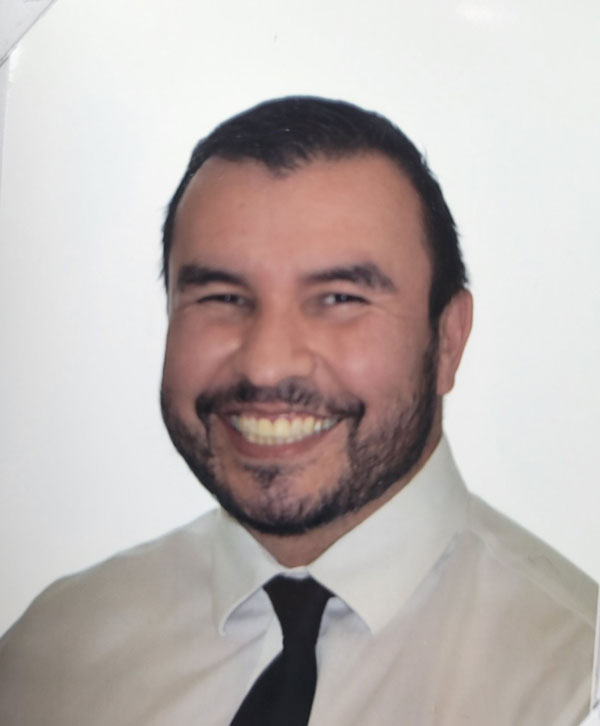Conrad Burns has worked with students in Prince Albert for over a decade. He has entered the race for trustee in the Saskatchewan Rivers School Division to address gaps that exist at some levels in the education system.
Burns has worked as a youth care worker, student mentor, program coordinator and now as teacher for the S.H.A.R.E Way to Work program.
“I realized there is a lot of gaps in the education system. With my experience I hope that I can overcome those gaps and make sure that our students are treated fairly and have an opportunity to get an education,” Burns said.
“At the school board level, we can create those policies so that these are addressed systematically and look at it as a holistic approach — not just one piece of the pie at a time,” he explained.
One of the gaps that Burns wants to address is in graduation rates, where the provincial average is 87 per cent for non-Indigenous students and around 39 per cent for First Nations, Métis and Inuit (FNMI) students.
“In Prince Albert, our Sask. Rivers School Division is estimated to be 62 per cent Aboriginal students now. So of all of those students in Prince Albert, we have 13,600 students in the whole school system between Catholic and Sask. Rivers, 7,400 of them are Aboriginal,” he explained.
Burns explained that for each student it costs an estimated $11,000 per year to educate a student to graduation. With an average of 39 per cent of Aboriginal students graduating on time, the cost increases.
“The students are supposed to graduate, generally a student has to graduate at 18 but they don’t graduate until 21, they are entitled to go to school until they are 21 years-old, we are spending an additional $33,000 for this person to graduate,” Burns said.
Better direction of resources is one way Burns believes these gaps can be filled. The Federal Government has 13 recommendations to improve Aboriginal graduation rates including things such as mentors and elders so that students can be engaged.
“I believe our schools have the opportunity to break down barriers and create this utopia of cross-cultural education where we celebrate our differences. Yet at the same time support each other in our cultural differences,” Burns said.
“I think through cultural sensitivity and awareness, growing up in Prince Albert and working with youth on a one-to-one basis gives me a unique perspective.”
He wants to break down the barrier so everyone has the same opportunity and not be in adult education. The population of Prince Albert is edging close to being an even split of Aboriginal and non-Aboriginal population. This population includes Cree, Métis, Dakota, Salteaux, Dene and others.
“We can create future leaders and break down those cultural differences that are so highly needed in our society right now,” Burns said.
There is also new immigrants coming to the province and that cultural barrier should also be broken down, Burns said.
Burns’ other focus is on addressing bullying.
“Understanding how to address this, how to deal with it and also engaging the families so that they understand it is not only an in-school issue, that we can work as a community,” he said.
Some suggestions he had to deal with the issue of bullying included integrating awareness into every single day at school to the level of announcements in schools.
This includes identifying what bullying is and how to address it and creating support groups in schools that address bullying.
“So that our students feel comfortable bringing up the conversation and breaking down the barriers with students and teachers so that the teachers not only understand who is being bullied but how to address it properly. Engaging our parents so that when bullying happens the communication lines are always there so that the students can feel comfortable talking to family, teachers and other students about this. It’s really an integrated issue that communications have broken down over the years,” Burns said.
The Saskatchewan Rivers School Division trustee election is on Nov. 9.


